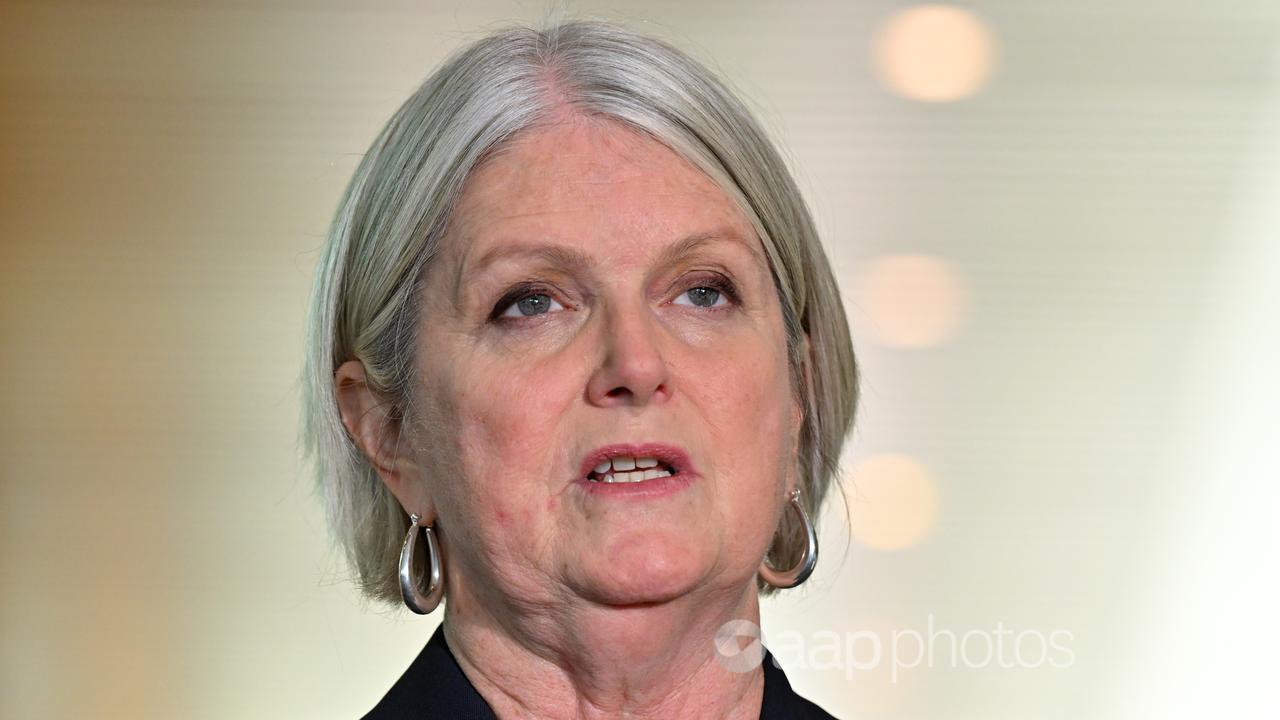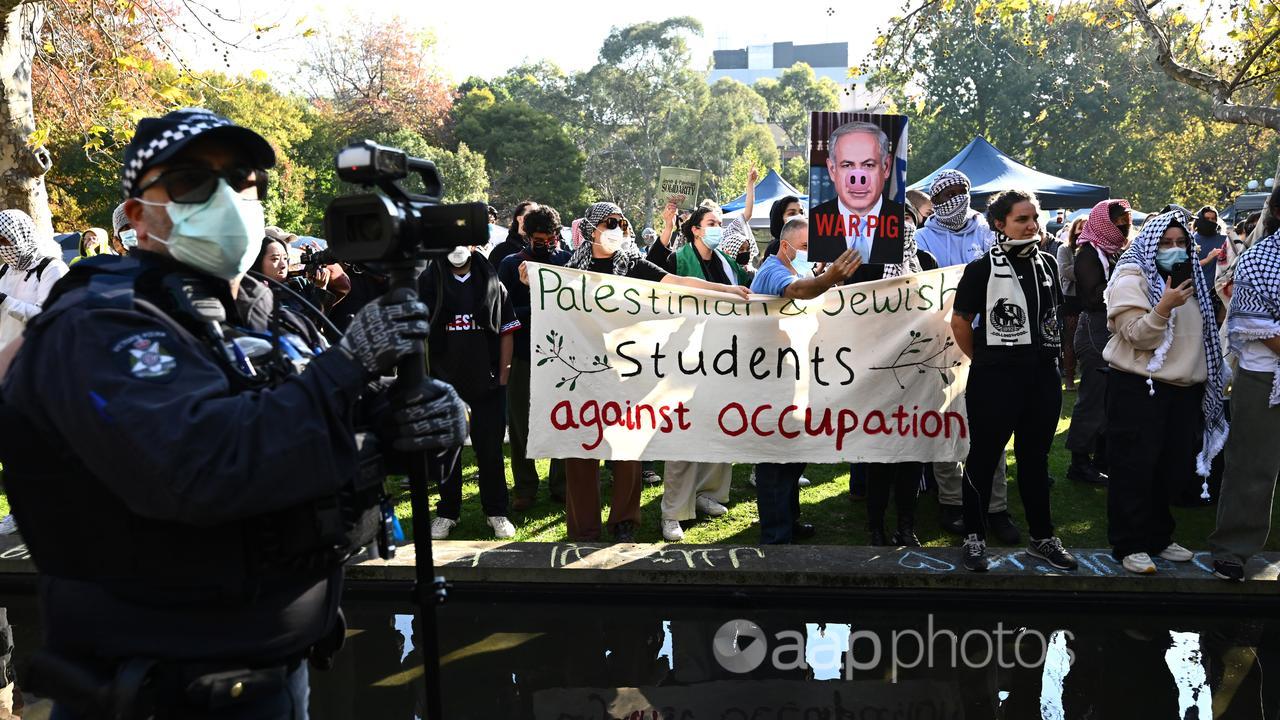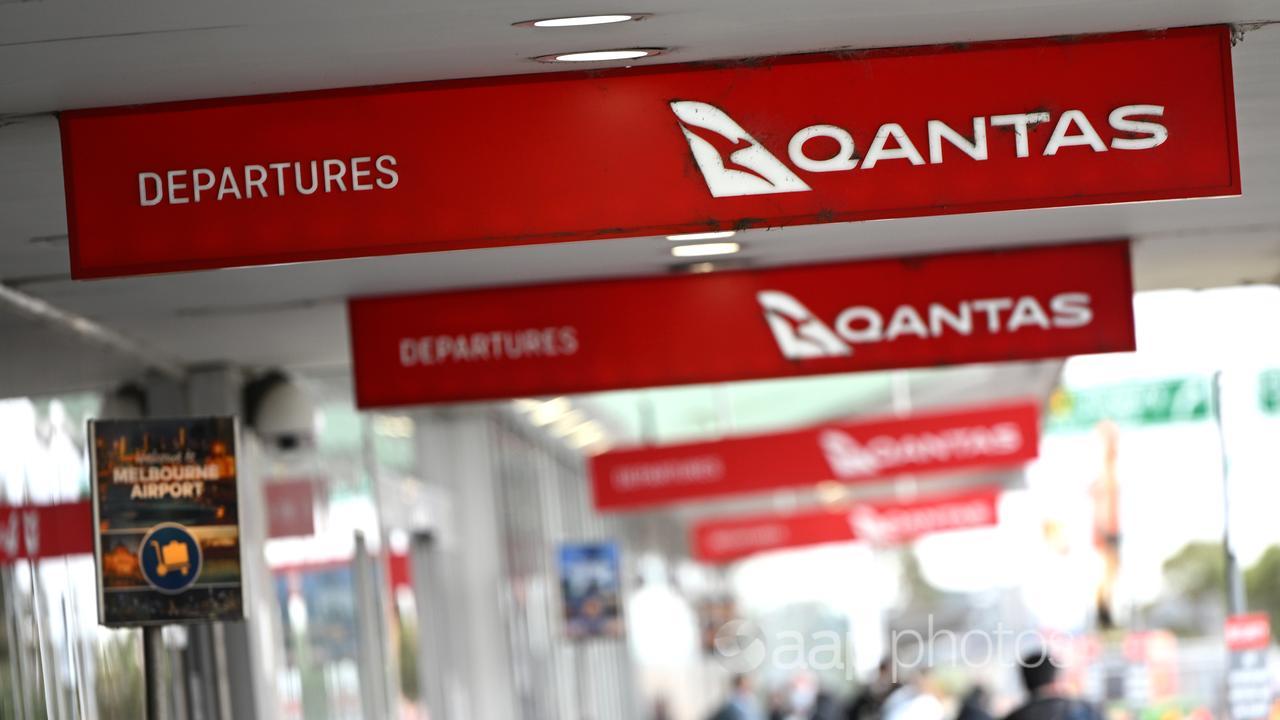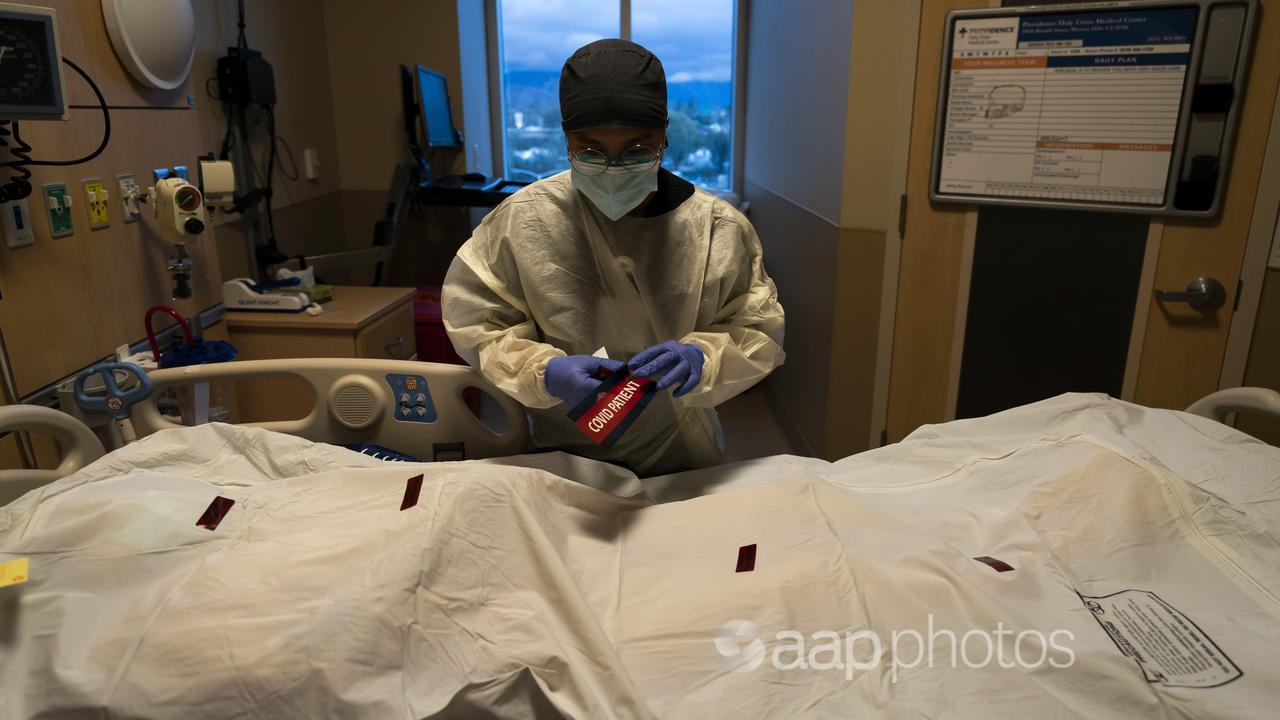Half a million people on income support are at risk of “serious harm” from a government employment service that is “broken,” the Australian Council of Social Service says, calling for a total overhaul in next month’s budget.
The council said it had written a letter signed by 23 health organisations, First Nations services, unions and others calling for the government to “commit to wholesale reform of employment services”.
“The employment services model is broken, inflicting serious harm and failing comprehensively to meet its stated aim of reducing long-term unemployment,” council chief executive Cassandra Goldie said on Friday.

”There are over 500,000 people on Jobseeker and Youth Allowance payments for over a year and they’re not getting the help they need to find the right job.
“Each month, about 80,000 people are sent robodebt-like notices threatening to take away their income support, for allegedly missing an appointment with a provider or failing to submit enough job applications.
“In most cases, they have actually met the requirement or have a good reason for not doing so.”
The government defended its record on supporting the most vulnerable and boosting their inclusion in society but said it “can’t fund every good idea”.
The government has funded a permanent increase in the social services of about $2.5 billion a year, Treasurer Jim Chalmers and Social Services Minister Amanda Rishworth said on Friday.
They also pointed to the stage three tax cuts coming in July along with more than $25 billion in new housing investments during the next decade.
“We are supporting economic inclusion on multiple other fronts, including by expanding paid parental leave, providing more funding for frontline services and community support, and backing wage increases for low-paid workers,” they said.
“While we can’t fund every good idea and everything we would like to do, our record shows we have delivered responsible budgets as well as helping people doing it tough.”
They released a second report on progress the government has made on tackling disadvantage in the community from the Economic Inclusion Advisory Committee, established in November 2022.
The committee has issued 22 recommendations from a government commitment to “a full-scale redesign of Australia’s employment services system” to increasing rental assistance.
At the top of the list is a call for the government to “substantially increase JobSeeker and related working age payments and improve the indexation arrangements for those payments.”
“Increasing their rate to 90 per cent of the Age Pension would improve adequacy and return them to payment relativities of 1999,” the committee said.
The social services council CEO echoed that call.
“The committee’s advice is an important input to the government’s considerations ahead of the May budget,” Mr Chalmers and Ms Rishworth said in their statement.
“We are already acting on many of the issues outlined in the report,”
Independent senator David Pocock called on the government to make the needs of vulnerable people paramount in the May budget and make the taxation system fairer.
“The government talks a lot about not leaving anyone behind – this report and especially the new Economic Inclusion Framework it proposes gives them a blueprint to achieve this,” Senator Pocock said.




















